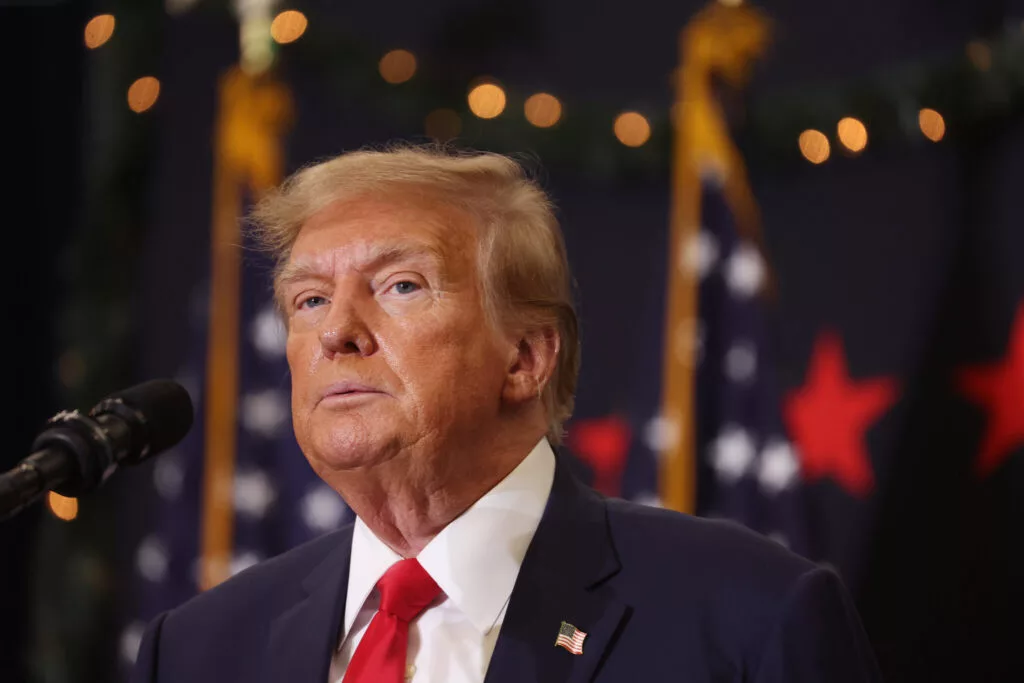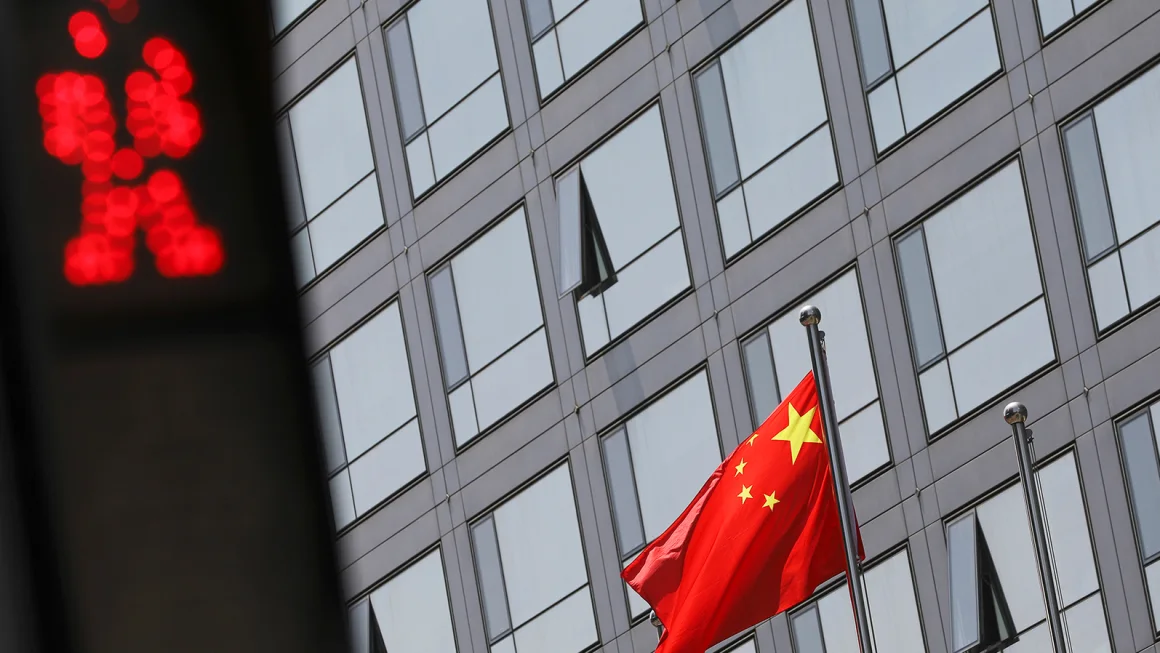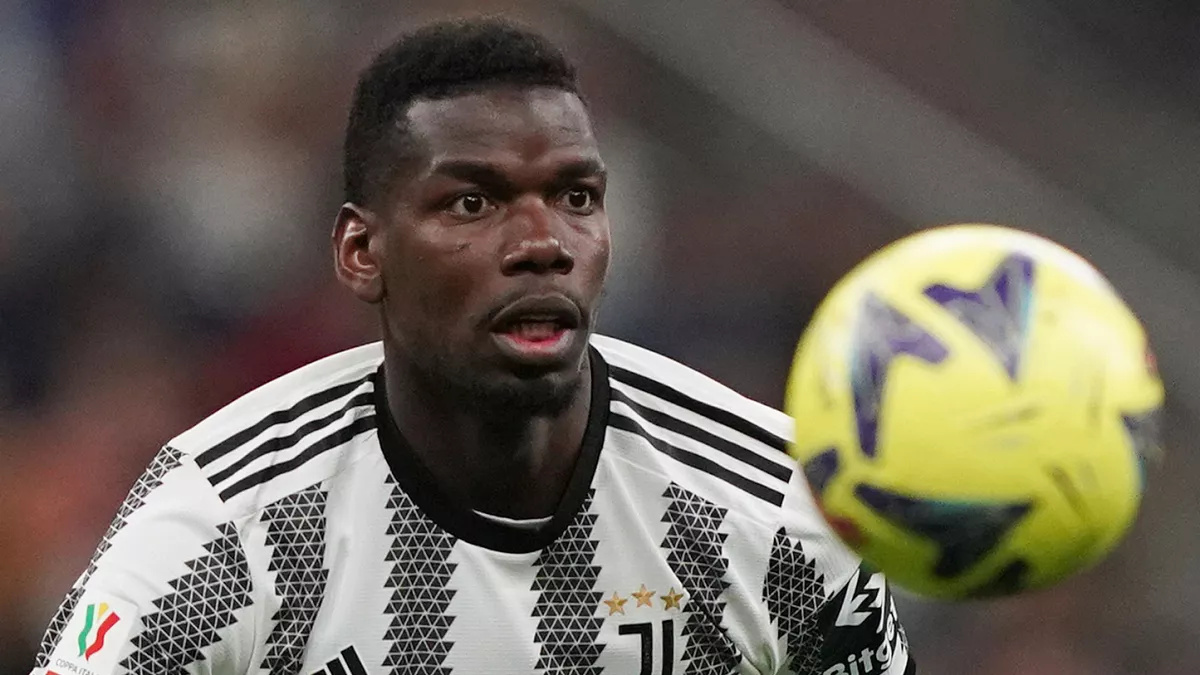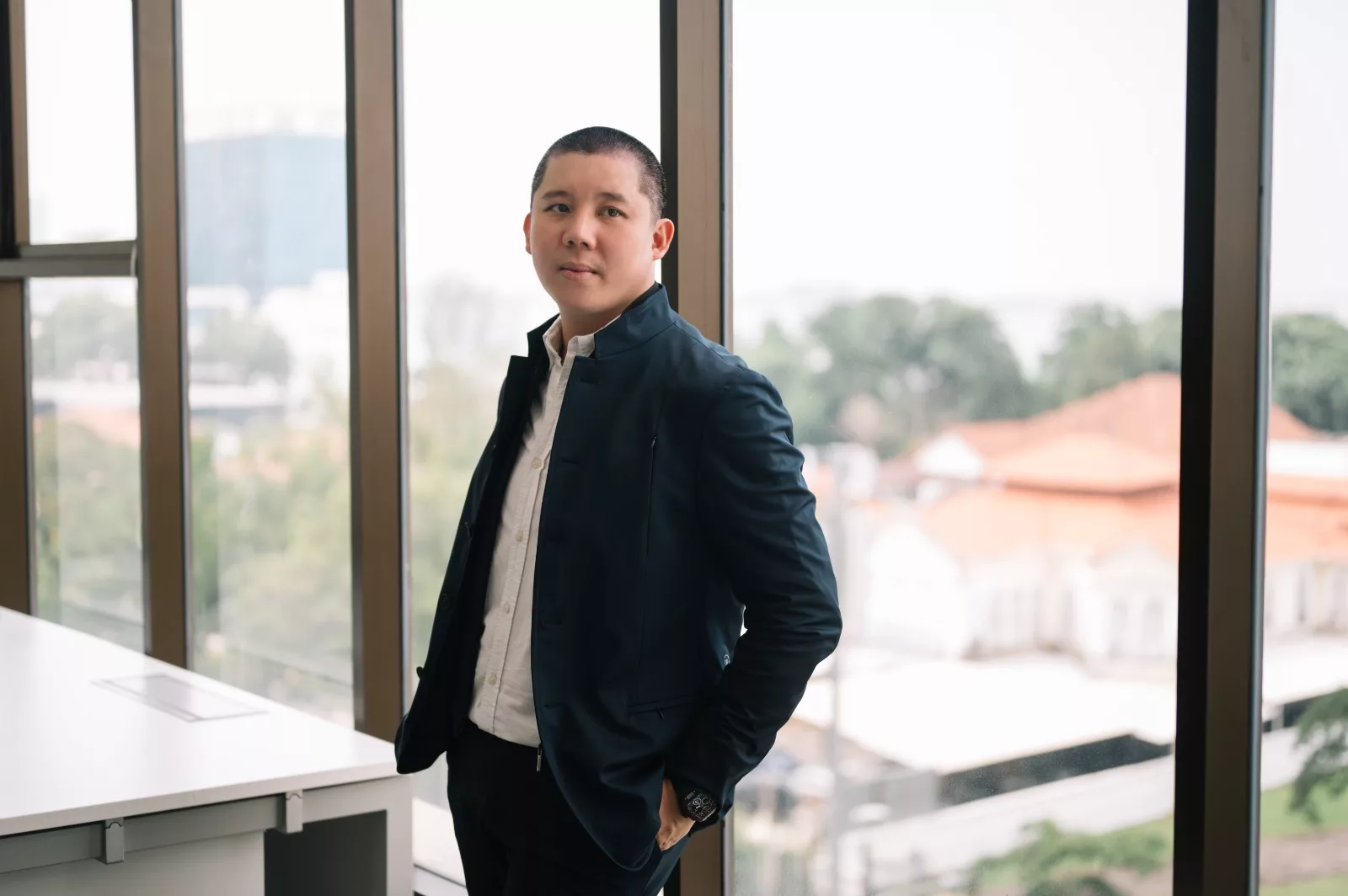On Wednesday, the Supreme Court made a pivotal decision to review Donald Trump’s claim of immunity in relation to charges of election subversion spearheaded by Special Counsel Jack Smith. This development not only adds another layer of legal complexity to Trump’s array of legal battles but also postpones his federal trial. The Court has fast-tracked the case, scheduling hearings for the week of April 22, signifying its significance and urgency.
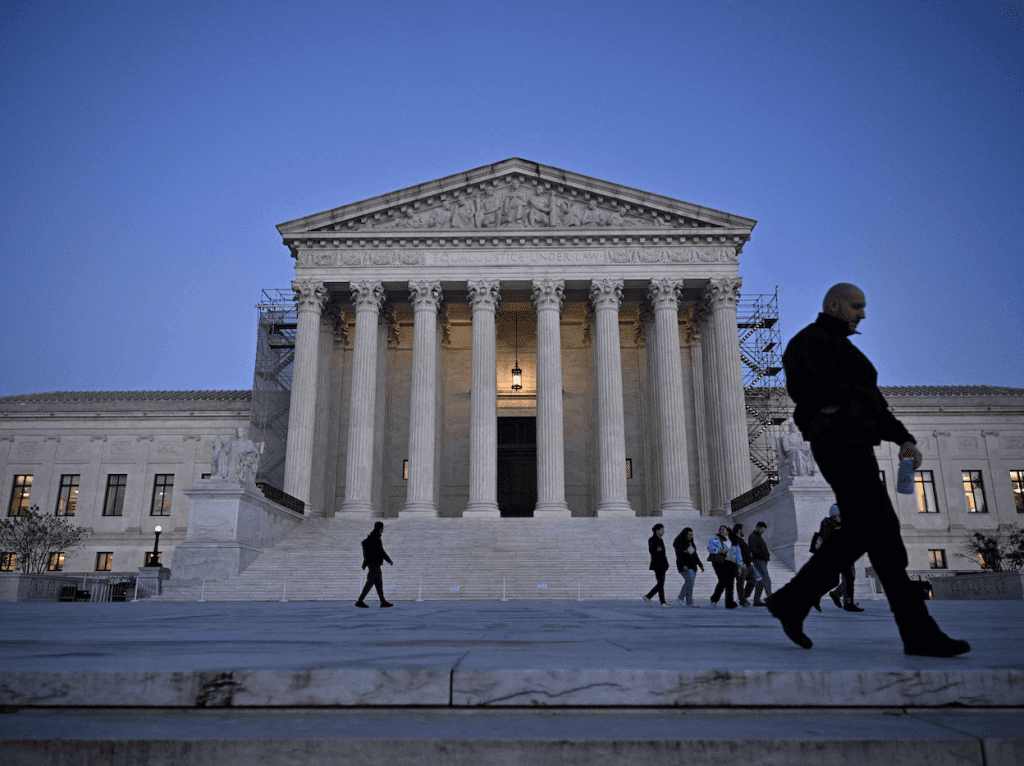
This decision marks yet another critical juncture for Trump, who is currently the leading candidate for the Republican presidential nomination, as it aligns him for another consequential encounter with the Supreme Court. Earlier in the month, the Court deliberated on a separate but significant matter regarding Trump’s eligibility for a second term under the 14th Amendment’s clause on insurrection, showcasing the intertwined nature of legal challenges and political ambitions.
Amidst these legal proceedings, Trump faces the possibility of standing trial in New York on charges related to falsifying business records to conceal hush money payments made prior to the 2016 election—a case to which he has pleaded not guilty. The Supreme Court’s recent decision effectively holds off a lower court’s ruling against Trump, maintaining a status quo until a final decision is reached, though the Court’s order provided no insight into the justices’ leanings.
This scenario presents a notable win for Trump for several reasons. Firstly, it offers him the opportunity to argue for broad presidential immunity that could potentially nullify various legal challenges against him. Secondly, it allows for a delay in his trial, extending the timeline by weeks, if not more. This represents the second instance the Supreme Court has denied a request from Special Counsel Smith, who had previously sought an expedited decision before the DC Circuit had ruled on the matter.
The Court’s directive for Trump to submit his preliminary arguments by March 19, followed by a response from Smith’s office by April 8, and Trump’s final rebuttal by April 15, underscores the procedural rigor ahead of the oral arguments. The delay in the Court’s announcement, nearly two weeks, suggests intricate behind-the-scenes discussions, indicative of the case’s complexity and the absence of public dissent among the justices.
Trump’s emergency plea to the Supreme Court, filed on February 12, sought to challenge a lower court’s verdict that he is not shielded from Smith’s charges of election interference, arguing that such immunity is crucial for the presidency’s future integrity. However, this argument was unanimously dismissed by the DC Circuit, which firmly rejected Trump’s immunity claims in a detailed 57-page opinion, leading to a standoff in the Supreme Court over whether to freeze the decision.
Despite the legal intricacies, the underlying question before the Supreme Court is both specific and profoundly consequential: Does a former president enjoy immunity from criminal prosecution for actions undertaken while in office? Trump contends that the threat of post-presidential charges could deter presidents from decisive action, potentially chilling future executive conduct.
Yet, the DC Circuit judges decisively refuted Trump’s immunity plea, emphasizing the gravity of the allegations and the viability of prosecution. They criticized Trump’s conduct post-2020 election, labeling it as an attack on the foundational pillars of American democracy.
As the Supreme Court engages with this and related cases, including the debate over Trump’s eligibility for reelection under the 14th Amendment’s insurrection clause, it finds itself at the heart of this year’s presidential election narrative. This involvement recalls the Court’s decisive role in the 2000 election, highlighting its ongoing impact on the intersection of law and politics in the United States.


